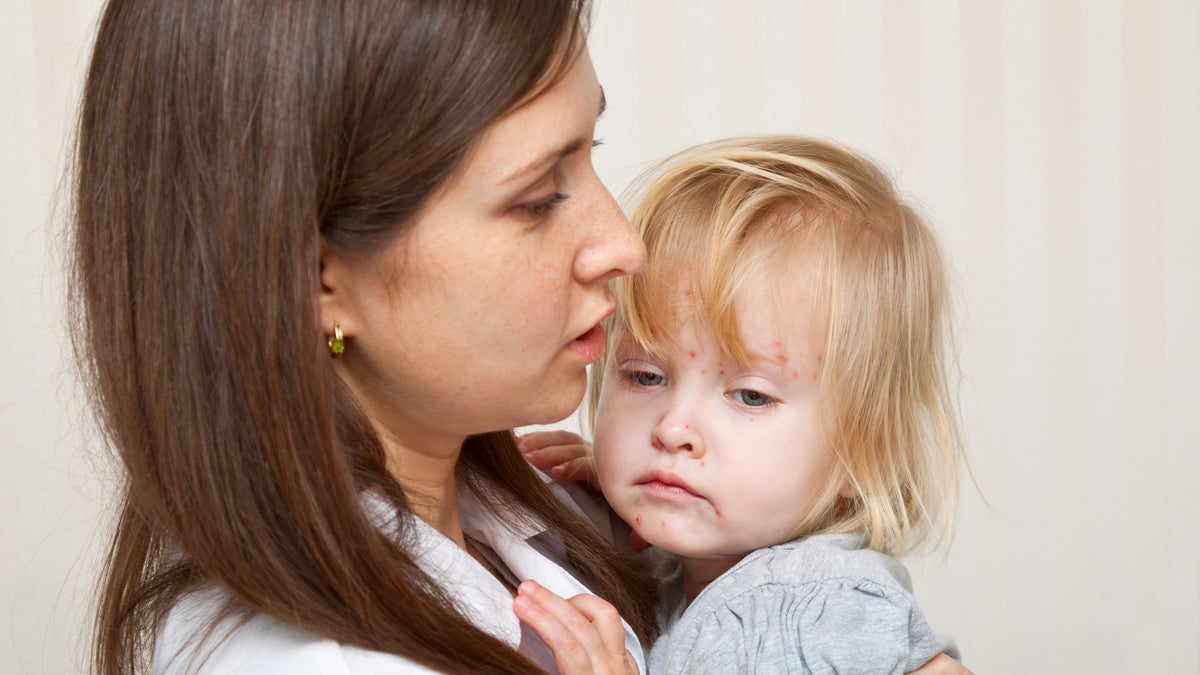With measles on the rise, physicians urge vaccination
 Photo via ShutterStock) " title="ssmeaslesx1200" width="1" height="1"/>
Photo via ShutterStock) " title="ssmeaslesx1200" width="1" height="1"/>
(Photo via ShutterStock)
A half century ago, the measles infected a few million Americans every year. There were hundreds of deaths.
The combined MMR vaccine nearly eliminated the illness in the U.S. by 2000, but now it is making inroads in places with lower immunization rates.
According to the CDC, 102 cases of measles have occurred in 14 states since the start of January, the majority stemming from an outbreak traced to Disneyland.
“This was a completely preventable outbreak, and it’s really a result of people choosing not to get themselves or their children vaccinated,” said John Goldman, an infectious disease specialist based in Harrisburg.
The problems in California have brought attention to the often wealthy enclaves where many parents opt to forgo vaccination out of fear they will cause autism. There is no scientific basis for that concern.
Even a slight dip in the vaccination rate, which is ideally 95 percent or higher, can be a problem because the viral illness is so contagious.
“You can literally get measles by walking by a room where someone has had measles,” said Goldman. “In fact, if someone’s in a room who’s infected with measles, you can get measles from the air in that room for roughly three hours after they’ve left.”
Early symptoms include fever, cough, and a runny nose and eyes. The characteristic rash does not appear until about four days after a person becomes contagious. A small percentage of patients will develop pneumonia or encephalitis, both of which can be life-threatening.
Rachel Levine, Pennsylvania’s physician general, said the state’s MMR vaccination rate was 86 percent for children in kindergarten, and 96 percent by the time students were in seventh grade. She urged anyone who has not had two doses of the MMR vaccine to go get them.
“This is one of the most effective vaccines that we have,” said Levine. “It’s also been studied very intensively, and it is a safe vaccine.”
Pennsylvania and Delaware have each reported one measles case this year, and neither is linked to the Disneyland outbreak.
The MMR vaccine, which also protects against the mumps and rubella, has been so successful over the past 50 years that many young doctors have never seen a case of measles.
WHYY is your source for fact-based, in-depth journalism and information. As a nonprofit organization, we rely on financial support from readers like you. Please give today.

